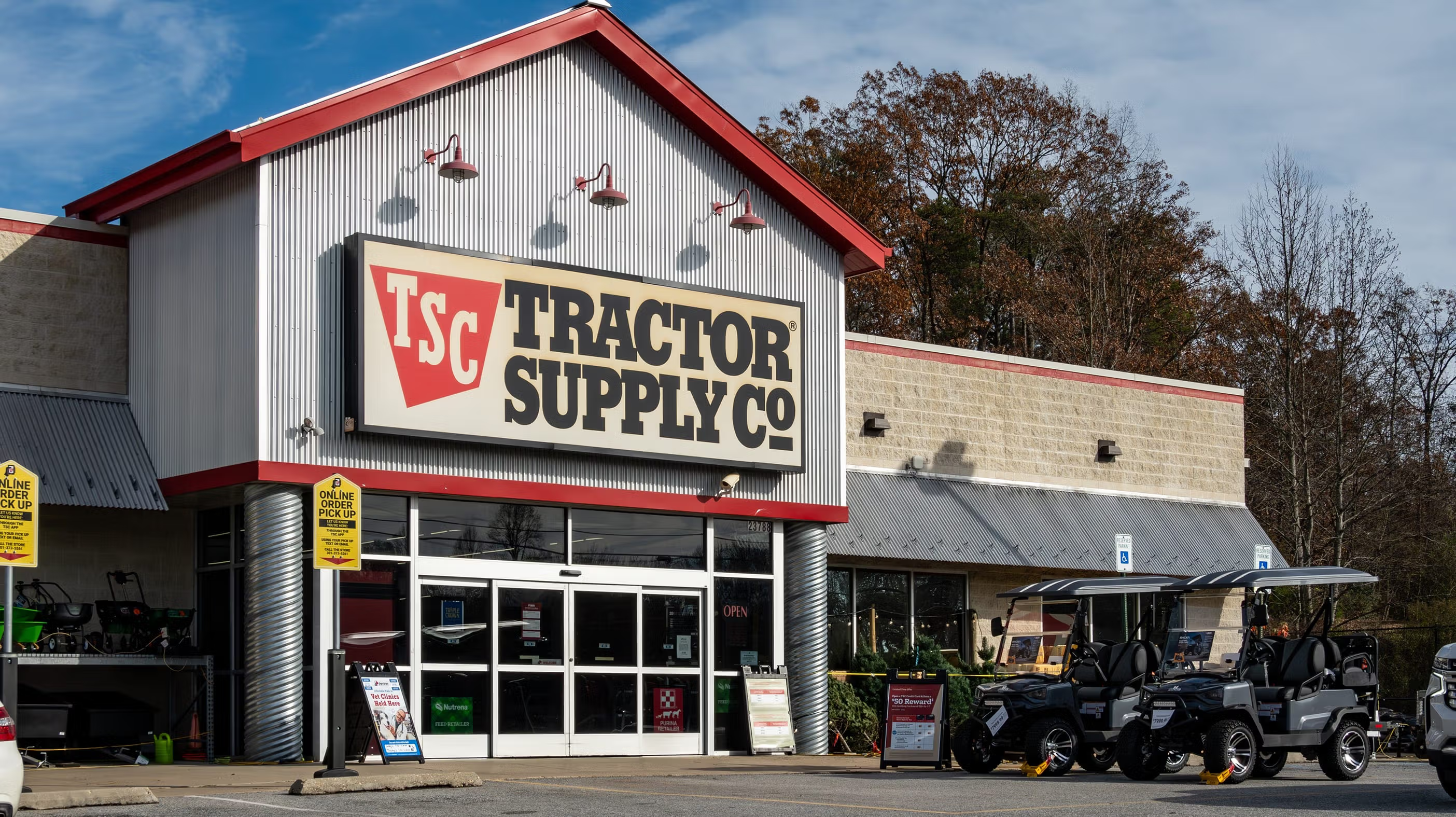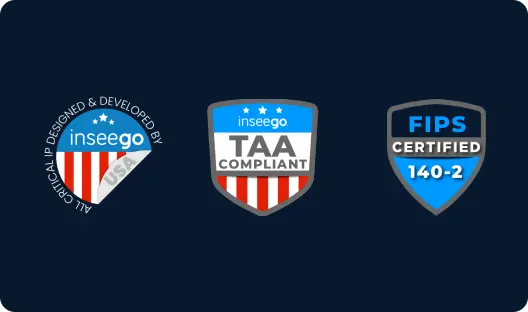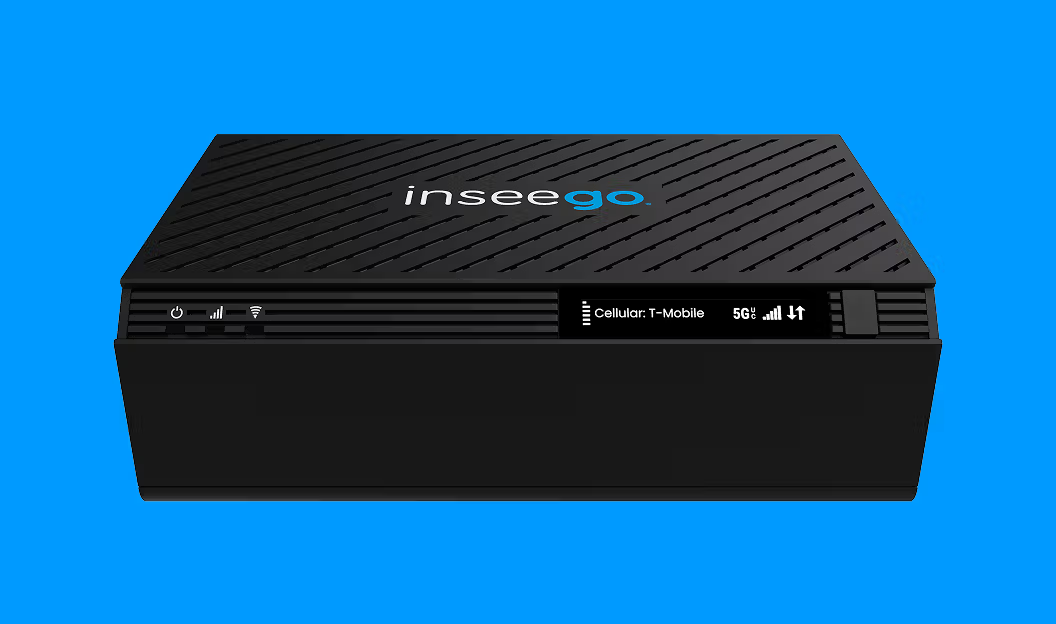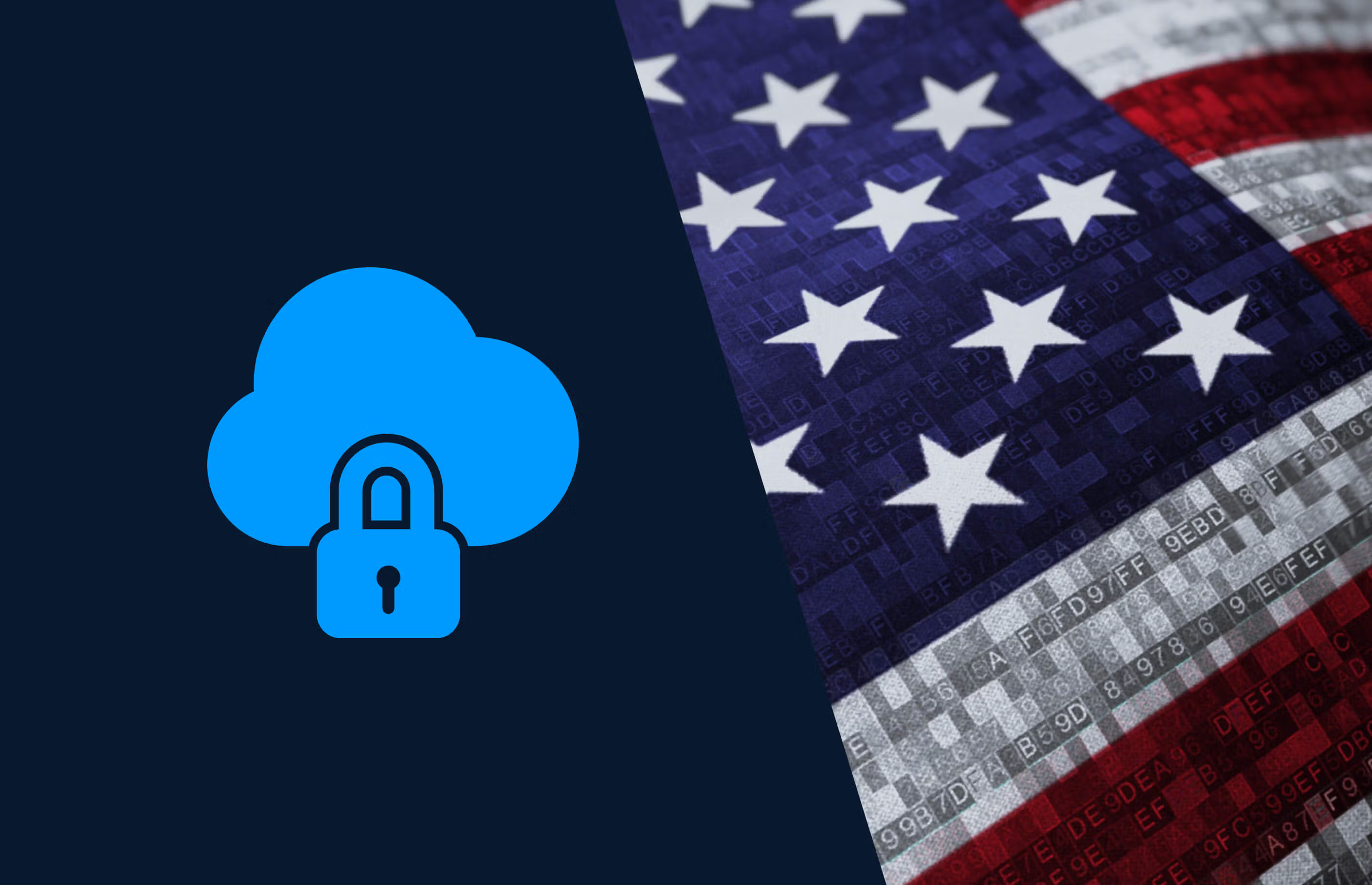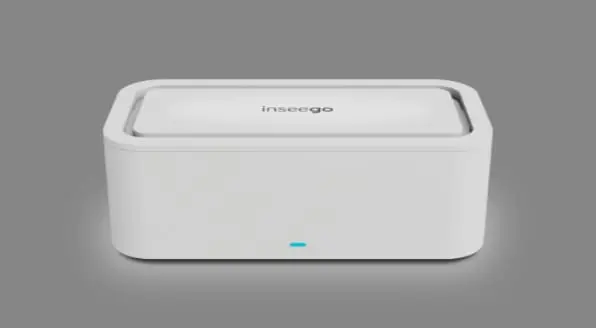Also in this category
View more in ComplianceCompliance
A complete guide to TAA compliance
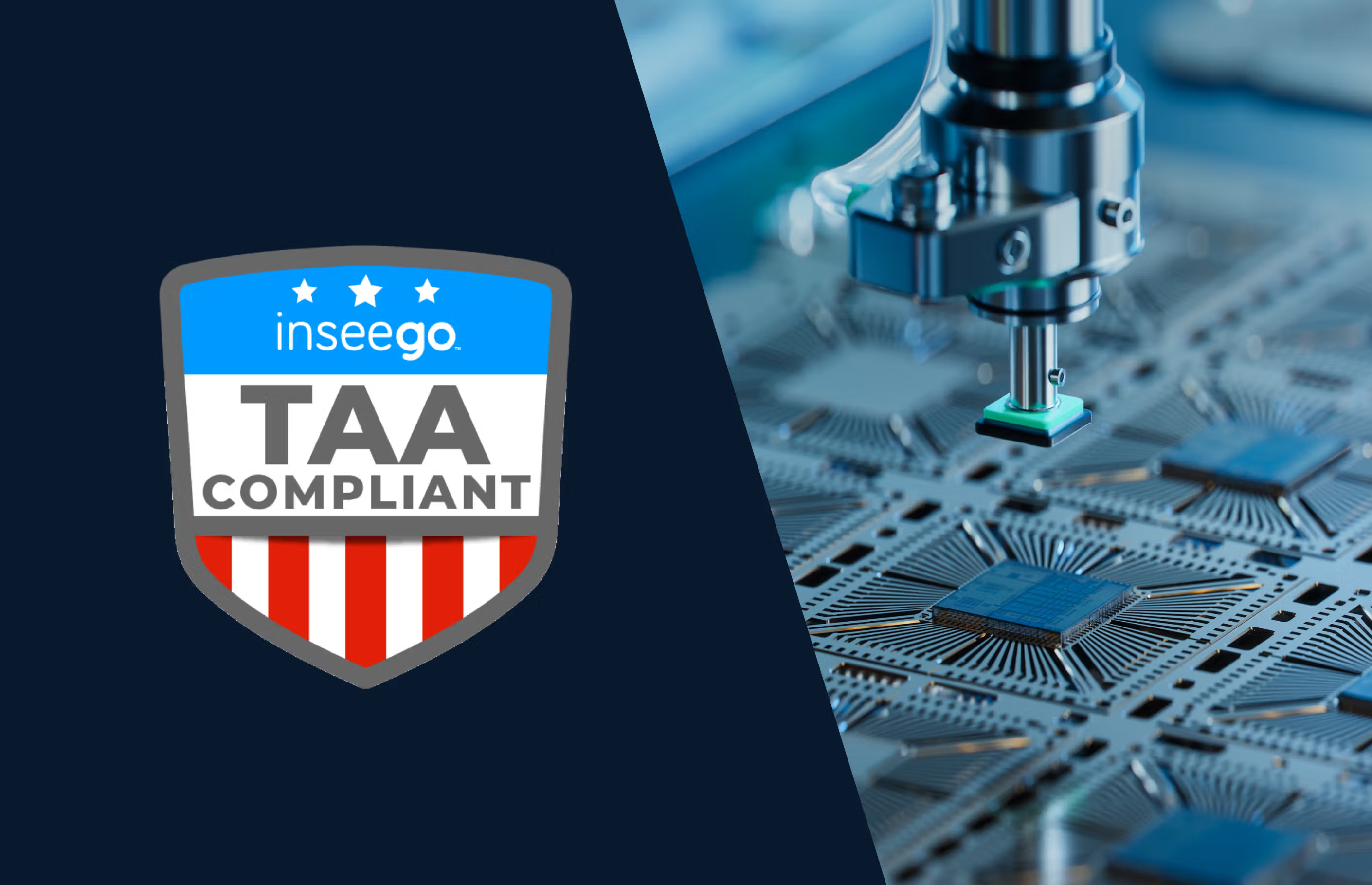
What does it mean to be TAA compliant?
TAA compliance refers to the Trade Agreements Act, a federal law that sets guidelines for government contracts and procurement. The purpose of this act is to promote fair and open international trade and to ensure that the products purchased by the U.S. government are manufactured in designated TAA-compliant countries.
Why is it important to be TAA compliant?
The TAA compliance requirements are important for several reasons. First, they ensure that the U.S. government is supporting fair trade practices and not inadvertently contributing to the violation of international trade agreements. Second, it helps to protect the U.S. economy and supports American workers by promoting the purchase of products made in the U.S. or designated TAA-compliant countries.
What is required to be TAA compliant?
For a product to be considered TAA compliant, it must meet a few key requirements:
1. Must be a "designated country": The Trade Agreements Act (TAA) applies to companies that sell or supply products or services to the United States government. To be TAA compliant, a company must be in a designated country, which includes the United States, European Union countries, and countries with a free trade agreement with the United States.
2. Only use products or services from designated countries: To be TAA compliant, a company must ensure that the products or services it sells to the government are manufactured or substantially transformed in a designated country. This means that the majority of the product's components or value-added processes must be performed in a designated country.
3. Maintain accurate records: TAA compliance requires proper record-keeping of the products or services sold to the government and their country of origin. This also includes a written compliance program that outlines its policies and procedures for TAA compliance. These records should be readily available for government audits and inspections.
4. Comply with domestic sourcing requirements: In addition to TAA, there are also Buy American Act (BAA) requirements that apply to government procurement. These require a certain percentage of a product's components to be sourced domestically. Companies must ensure compliance with both TAA and BAA for products sold to the government.
Benefits of being in TAA compliance
1. Eligibility for Government Contracts: Compliance with the Trade Agreements Act (TAA) is a requirement for companies seeking to do business with the United States Government. By being TAA compliant, a company becomes eligible to bid on and win government contracts, which can be a significant source of revenue.
2. Access to Global Markets: TAA compliance also allows companies to access global markets through the General Agreement on Tariffs and Trade (GATT) and the World Trade Organization (WTO). This allows them to sell their products and services to countries that have free trade agreements with the US, opening new opportunities for growth and expansion.
3. Positive Reputation: Being TAA compliant demonstrates a company's commitment to ethical and responsible business practices, which can enhance its reputation with government agencies, customers, and partners. This can lead to increased trust and credibility, ultimately resulting in more business opportunities.
4. Reduced Risk of Penalties: Non-compliance with TAA regulations can result in serious consequences, including fines, criminal charges, and suspension from government contracts. By being TAA compliant, a company mitigates the risk of penalties and potential damage to its reputation.
5. Meeting Customer Requirements: Many private sector companies also require their suppliers to be TAA compliant. By meeting this requirement, companies can maintain existing business relationships and attract new customers who prioritize ethical and compliant business practices.
6. Improved Supply Chain Management: TAA compliance requires companies to closely monitor their supply chain and ensure that all products and components used in their manufacturing processes comply with TAA regulations. This can result in a more efficient and transparent supply chain, reducing the risk of receiving non-compliant products and materials.
Tips on keeping TAA compliance
1. Understand the TAA requirements: It's important for businesses to fully understand the requirements of the Trade Agreements Act, including the products and services covered and the specific rules and regulations that must be followed. This can be done by researching government websites or consulting with a legal professional.
2. Keep updated on changes: The TAA requirements and regulations may change over time, so businesses need to stay updated on any changes that could affect their compliance. This can be done by regularly checking government websites or subscribing to alerts and newsletters.
3. Implement internal control: A business should establish internal controls to ensure TAA compliance in all aspects of its operations. This can include implementing a vendor management program to ensure all products and services meet TAA requirements, maintaining accurate records, and conducting regular audits.
4. Train employees: All employees who are involved in the purchasing or procurement process should receive training on TAA compliance. This will help them understand the requirements and avoid unintentional violations.
5. Use reputable suppliers and vendors: Businesses should only work with suppliers and vendors who are TAA compliant. This can be confirmed by requesting TAA compliance certifications or conducting due diligence on their suppliers.
6. Keep accurate records: Accurate and detailed records should be kept for any product or service that is sourced under the TAA. Keeping accurate records of country of origin and where products had substantial transformation will help to prove compliance in case of an audit.
7. Conduct regular audits: Businesses should conduct regular audits to ensure ongoing TAA compliance. This can help identify any potential issues or areas for improvement.
By following these tips, a business can help to ensure ongoing TAA compliance, which is crucial for maintaining a strong reputation and avoiding potential fines and penalties. It also allows businesses to take advantage of the benefits and opportunities that come with complying with TAA regulations.
What countries are TAA compliant?
Under the TAA, there is a list of designated countries that are TAA-compliant. These countries include Taiwan, Canada, Mexico, Australia, Japan, Germany, and many others. The full list of TAA-compliant countries can be found on the General Services Administration (GSA) website.
Non-TAA-compliant countries
It's important to note that not all countries are TAA-compliant. Some notable non-TAA-compliant countries include China, India, Russia, Vietnam and Malaysia. Goods and services from these countries are not eligible for TAA compliance and cannot be used in government contracts.
Products from non-TAA-compliant countries can still be sold to the U.S. government under certain circumstances. For example, the Buy American Act allows for the purchase of products made in non-TAA-compliant countries if they are not available from TAA-compliant countries, or if the cost of the product is significantly lower than that of a TAA-compliant product.
In addition, the GSA also offers a special procurement program under the GSA Multiple Award Schedule (MAS) contracts, which allows for the purchase of products from non-TAA-compliant countries in certain situations.
What are the consequences of non-compliance?
Non-compliance with TAA requirements can have serious consequences for companies looking to do business with the U.S. government. Firstly, it can result in the loss of government contracts and the inability to sell to the federal government. Additionally, non-compliance can lead to fines and penalties, as well as the loss of credibility and reputation for the company.
Inseego’s 5G portfolio is TAA-compliant
Inseego is committed to providing the best technology solutions while also ensuring TAA compliance for our products. As a leading global provider of 5G and IoT solutions, we understand the importance of meeting TAA compliance requirements to serve the needs of our government and federal customers. All of Inseego's 5G portfolio, including our innovative 5G mobile hotspots, Fixed Wireless Access (FWA) devices, and our cloud management software are designed and developed in the USA and manufactured a TAA compliant country.
Inseego also closely monitors our supply chain and manufacturing processes to ensure that we are manufacturing in TAA-compliant countries. We understand the importance of maintaining a transparent and compliant supply chain to provide our government customers with the highest quality 5G products.
At Inseego, we take great pride in producing TAA-compliant products and providing our government and federal customers with cutting-edge 5G technology that meets all regulatory requirements. With our commitment to TAA compliance, our customers can trust that they are receiving high-quality, reliable, and secure 5G products from Inseego for their government contracts and procurement needs.

